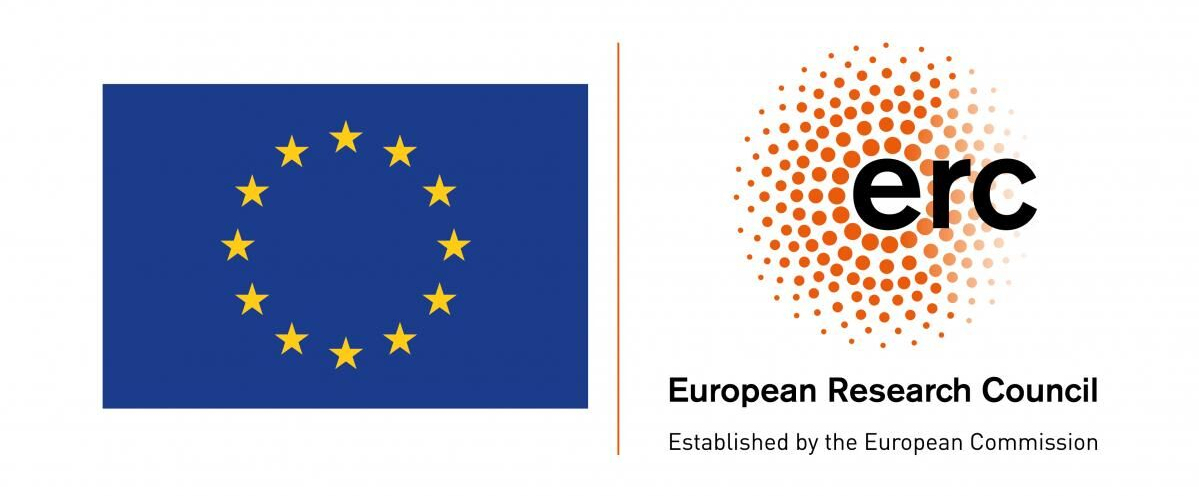Indigeneities in the 21st century
Nineteen years after the adoption of the United Nations Declaration on the Rights of Indigenous Peoples in 2007, Indigenous stakeholders act as global players in arenas such as the UN Convention on Climate Change, the Dakota Access pipeline in the USA, and the Humboldt Forum in Berlin. Yet, until the 1960s, anthropological inquiries considered the same people as ‘vanishing’ and doomed to disappear.
The so-called Indigenous renaissance presents a remarkable phenomenon of late (post)modernity. How can this surprising process be understood and explained? The objective of this project is to study how Indigenous actors evolved from ‘vanishing people’ to global players. The project is located at the disciplinary intersections between anthropology, art, history, philosophy, and politics; and aims at making a future-oriented contribution to (re)emerging Indigeneities and the (re)negotiation of their (post)colonial legacies in and with Europe.
While the label ‘Indigeneity’ circulates globally, it is also defined as a place-based marker of identity. This project breaks new ground by incorporating both dimensions – global circulation and local experience – in a common framework. It does so by studying entangled Indigeneities as transregional and transcultural formations along the transpacific intersections between North and South America, Australia and the South Pacific. By untangling these intersections through museums as research sites and laboratories, the project’s sub-objectives are:
- to historically identify the moments and processes through which Indigenous people became re-ascribed through anthropological discourses and their involvement therein,
- to ethnographically study the ways and forms in which Indigenous people appropriate these external ascriptions for self-insertion into global affairs,
- to experimentally research, in exhibitionary environments, the layers of Indigenous continuity beneath the discursive transformation from ‘vanishing people’ to global players.

The project has received funding from the European Union’s Horizon 2020 Research and Innovation Programme through the ERC Starting Grant no. 803302.

